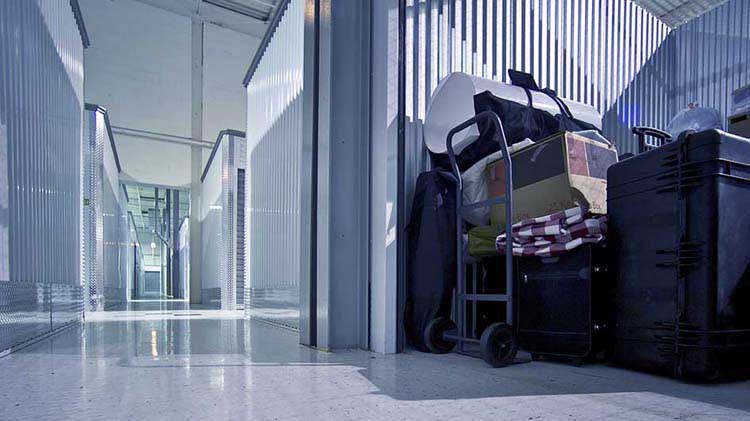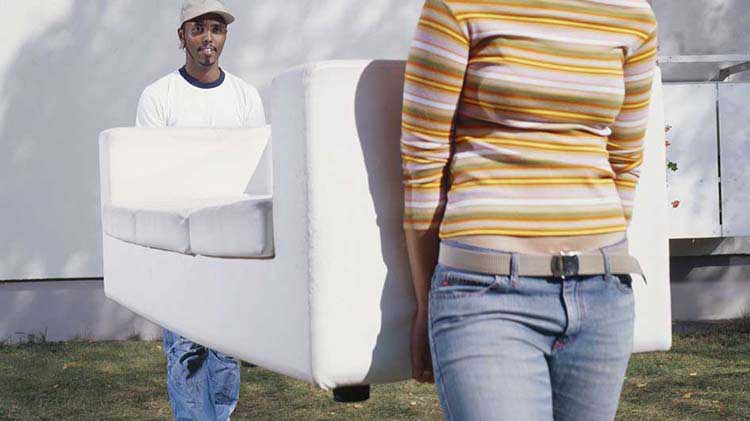Moving? Don't forget to make insurance changes, too
Find out if you just transfer insurance to the new address or if you need new coverage.
We all know how stressful moving can be — there's a massive list of tasks. You might be asking yourself — do I need to change insurance when I move? And making new insurance arrangements might not jump out as your first priority.
But do yourself a favor, don't wait. The process isn't as tough as it may seem. Below are a few key questions to consider about moving and transferring insurance to help get you going in the right direction.
Have you talked to your insurance agent?
Get in touch with your current agent — you can ask your agent about the process, including whether you'll need to find a new agent, how to transfer insurance to another state and the insurance requirements in your new location.
If you want to find a State Farm® agent in your new neighborhood, you can use the find an agent page and search by your ZIP Code. You'll see a map of offices and a list of agent profiles, including contact info.
Get a homeowners insurance quote
Want to protect your home?
Moving to another state?
If you're moving between states, keep in mind that insurance coverage varies across states. For example, in California, due to the high risk of earthquakes, you may want to take special precautions to make sure your home is safe and secure in case an earthquake occurs. That's probably not the case in Florida!
Most state laws require you to have homeowners insurance before you even buy a home. If you have State Farm coverage, you may be able to get a prorated credit from your old homeowners policy when you purchase a new policy in a different state.
Are your possessions covered while you're moving?
Depending on how you've chosen to move — hired movers, rental truck, a portable container, or DIY in the back of your car — your property may or may not be covered between the time it leaves your home and arrives at its final destination. Some homeowner policies will cover your property everywhere, regardless of whether it's in your home or in a moving truck. Other policies won't cover anything once it's out your door. This is something many people don't think about, so check your policy or call your agent.
If your own insurance policy doesn't cover your property and it’s damaged during the move, will you be able to afford to replace it all? If not, moving insurance might be worth it and you can look into coverage through your moving company to help protect your move. By federal law, moving companies have to offer supplemental insurance for your property that will cover a set percentage of replacement costs, but you might need to increase that amount to get full coverage.
What about transferring auto insurance?
Different states also have different auto insurance laws. And if you're moving to a new state, you'll need a new auto insurance policy — plain and simple. Consider these tips when moving to another state.
- Do not cancel your current auto insurance before moving and getting a new policy. Driving across state lines without auto insurance is not only illegal, it could also affect your finances if you're involved in an accident.
- Do not get new auto insurance until you've moved. The laws and policies in your new state might not match your current ones, and costs can change by state, specific location and commuting distance.
Check out our other articles that may help with planning a move.




